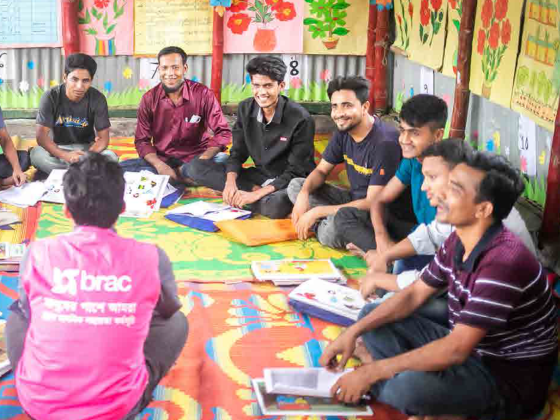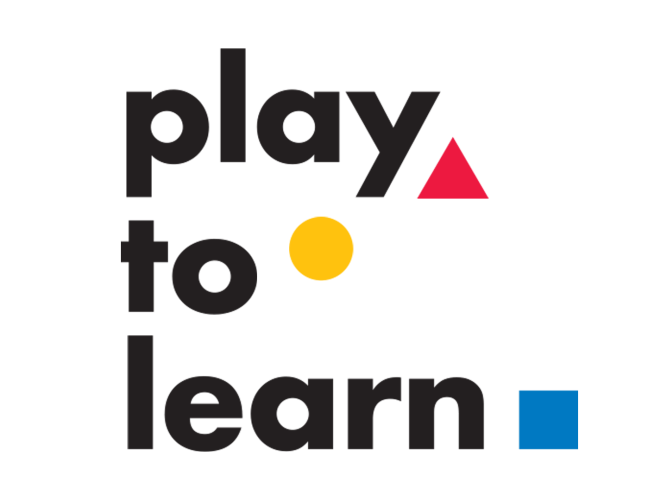A learning cohort of humanitarian professionals consolidated experiences and lessons about why and how coordination can support comprehensive early childhood development (ECD) services for children and families in humanitarian settings. This page shares best practices gathered from the cohort.
Coordination Structures
Coordination mechanisms keep the focus on the unique needs of young children and their caregivers across multiple sectors of humanitarian service provision. ECDiE coordination mechanisms should be tailored to the contexts in which they operate. The ECDiE Coordinator Learning Cohort Member Profiles review the structure, leadership, and membership of coordination groups in Ukraine, Uganda, Bangladesh, Colombia, Jordan, Lebanon, and Syria, and provide bullet points that can be used to build job descriptions.
Here are quick tips and good practices on how to establish and maintain an ECD coordination mechanism.
Needs Assessments and Response Plans
Giving voice to the unique needs of young children and their caregivers can help ensure that joint humanitarian response plans reflect and request appropriate levels of funding. Humanitarian coordinators should document needs and services related to the five components of holistic, playful early childhood programs: adequate nutrition, safety and security, responsive caregiving, good health, and opportunities for early learning. For a real-world example, take a look at this learnings brief from Colombia.
Here are quick tips and good practices on integrating ECD into needs assessments and response plans gathered by the cohort.
Integrated ECD services
The five elements of holistic, playful ECD cut across health, protection, education, shelter, nutrition, water, sanitization, hygiene, and food security. Integrated ECD services maximize efficiency, minimize duplication, and address gaps in ECD provision, in turn promoting optimal development outcomes for children in emergencies. A holistic, multi-sectoral approach to ECD nurtures resilience, empowers caregivers, and builds a foundation for children to thrive amid adversity.
Here are quick tips and good practices on supporting the integration of ECD services gathered by the cohort.
Monitoring and evaluation of ECD services
Coordinated monitoring and evaluation efforts are essential to evidence-based decision-making and improving outcomes for children and families. These efforts can include synchronized data collection, analysis, and information sharing among stakeholders to promote a holistic understanding of the impact and efficiency of ECD interventions. Coordinated efforts can also enable timely identification of gaps, successes, and areas for improvement.
Here are quick tips and good practices on strengthening monitoring and evaluation of ECD services gathered by the cohort.
Advocacy
The power of coordination lies in its ability to amplify voices, drive systemic change, and secure the necessary support and investments for the holistic development of children in crisis settings. Coordinated advocacy ensures that the needs of young children in crises are prioritized and communicated effectively to decision-makers and the public.
Here are quick tips and good practices on advocating for integrated ECD support for children and families.




